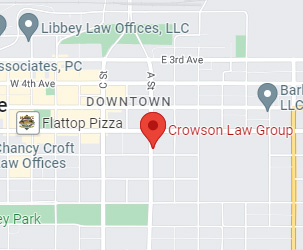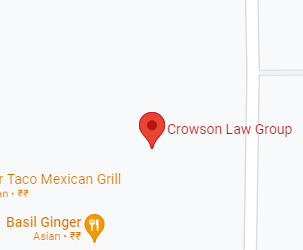Alaska Car Insurance Laws

If you drive in Alaska, you should understand the state’s car insurance laws. You never know when an accident might happen, and being prepared can save you from significant financial burdens. This article delves into Alaska’s car insurance laws, covering everything from the state’s fault system to mandatory insurance requirements. So buckle up, and explore what you need to know to confidently navigate the roads of Alaska.
Alaska Is a “Fault” Car Accident State
Regarding car accidents, Alaska follows a “fault” system. This means that if you’re involved in a collision, the person responsible for causing the accident is also responsible for compensating anyone who suffered harm. In practical terms, the at-fault driver’s insurance company usually covers these losses up to the policy limits.
If you find yourself in a situation where you’ve been injured or your vehicle has been damaged due to an auto accident in Alaska, you have several options to seek damages. Firstly, you can bring a claim with your insurer, provided the loss is covered under your policy. In this case, your insurance company may pursue a subrogation claim against the at-fault driver’s insurer.
Alternatively, you can bring a third-party claim directly with the at-fault driver’s carrier. This option allows you to seek compensation from the responsible party’s insurer without involving your insurance company. Lastly, if the other avenues don’t provide a satisfactory resolution, you can consult with a top Alaska law firm that can help you navigate the legal process with confidence and expertise.
The Alaska Mandatory Motor Vehicle Insurance Law
Alaska has implemented the Mandatory Motor Vehicle Insurance Law to ensure financial responsibility in case of accidents. This law mandates that vehicle owners carry specific minimum liability car insurance coverage. By meeting these requirements, you protect yourself and others in the event of an accident.
Under the Alaska Statutes section 28.22.101, the following minimum liability car insurance coverage is required:
- $50,000 for bodily injury or death per person injured or killed in an accident caused by the vehicle’s driver.
- $100,000 for total bodily injury or death liability in an accident caused by the vehicle’s driver.
- $25,000 for property damage per accident caused by the vehicle’s driver.
This basic coverage ensures that medical bills, property damage expenses, and other costs related to the accident are covered up to the specified limits. However, it’s important to understand that you may be personally responsible for any remaining expenses once these policy limits are exhausted. To protect your assets, it’s advisable to consider higher coverage limits, especially in the event of a serious crash.
It’s worth noting that your liability coverage extends to situations where a family member is driving your vehicle or when you have given someone else permission to use it. Additionally, it may also cover accidents that occur while driving a rental car. So even if you’re not behind the wheel, your liability coverage can still provide crucial protection.
However, it’s essential to remember that the liability coverage discussed here does not apply to your own injuries or vehicle damage following an Alaska car accident. For these situations, you’ll need different coverage options.
Optional coverage, such as personal injury protection (PIP) or MedPay coverage, can help with medical bills resulting from the accident. Similarly, collision coverage can assist in covering repairs or replacing your damaged vehicle.
In the unfortunate event of an accident, navigating the complexities of an Alaska car insurance claim can be challenging. Seeking legal guidance can provide valuable assistance in understanding your rights and ensuring you receive the compensation you deserve.
Knowing that Alaska follows a “fault” system and being aware of the mandatory insurance requirements can protect you from monetary losses if involved in an accident. You can drive with peace of mind, knowing you’re prepared for the unexpected. In complex situations, seeking guidance from an accident lawyer can make a significant difference in navigating the legal landscape effectively.


